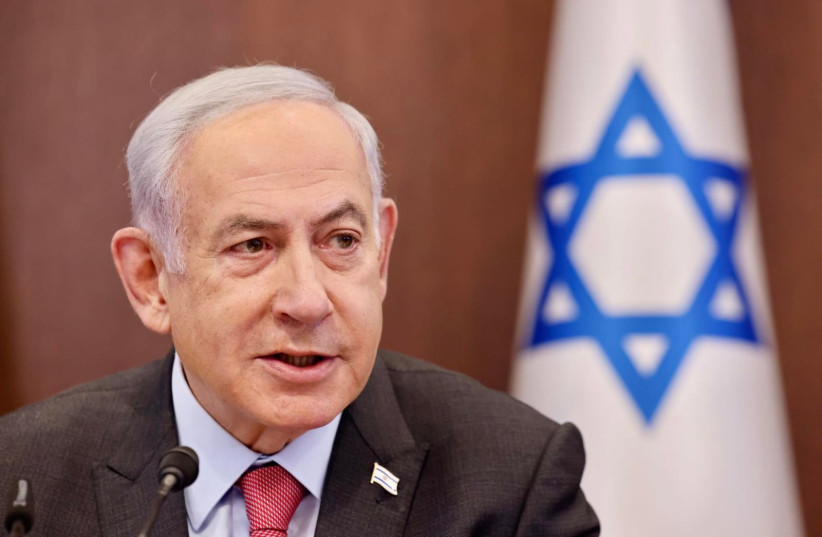The United States warned Israel against any Rafah operation that would not protect Palestinian civilians, stressing that it could change its Gaza policy in response to such a move.
“I think that the Israeli leaders understand well, President [Joe] Biden’s view about a Rafah operation,” US National Security Communications Adviser John Kirby told reporters Thursday.
“I think they understand well, President Biden’s sincerity when he talks about the possibility of changes to our Gaza policy, should they move ahead with some sort of ground operation in Rafah that again, doesn’t take into account refugees,” Kirby said.
The US has insisted that any such operation must ensure the protection of the more than 1.3 million Palestinian civilians in that area of southern Gaza, many of whom sought refuge there to escape heavy Israeli bombing in the north at the start of the war.
US Secretary of State Antony Blinken underscored these points during his visit to the region earlier this week when he made stops in Saudi Arabia, Jordan, and Israel.

Blinken told reporters in Ashdod that the US had not yet seen a viable plan for a Rafah operation that would protect Palestinian civilians.
He reiterated those points in an interview with NBC, stating that the Biden Administration’s position has “been clear – it hasn’t changed; it won’t change.
“We cannot and will not support a major military operation in Rafah absent a clear, credible plan to protect civilians. We’ve not seen such a plan,” Blinken said.
“There are also better ways to do what Israel needs to do in terms of dealing with the remaining Hamas problem. We’ve been talking about that with them; we agreed that those conversations would continue,” he said.
Blinken: 'People say things'
The secretary of state dismissed Prime Minister Benjamin Netanyahu’s vows regarding a Rafah operation, stating, “People say things.”
It’s important regarding the “most urgent thing,” which “is seeing in the days ahead what Hamas’s response is to a very strong proposal that’s on the table.”
The results would be “an immediate ceasefire, which everyone wants, and getting the hostages home, which everyone should want. That’s where the focus is,” Blinken said.
Netanyahu on Thursday did not seem concerned by the Biden Administration’s warnings. He vowed to carry out a military operation in Rafah, as Israel continued to wait for Hamas’s response to a proposal, which in its first phase could see the release of 33 captives out of the remaining 133.
“There were differences of opinion among us about operations in near and distant arenas,” Netanyahu said during a public address on Wednesday.
“But at the end of the discussion, I made a decision and the decision was accepted,” he said. “We took action there and we also took action here,” the prime minister said.
“We will do whatever is necessary to win and overcome our enemies, including in Rafah,” Netanyahu said in advance of a meeting of the war cabinet and the security cabinet.
The potential of a Rafah operation has been considered by Israel to be an important pressure lever to push Hamas to make a deal. The US and the international community have opposed it, however, fearing it would create a humanitarian disaster.
Washington has hoped that Hamas would accept a temporary pause to the war as part of a hostage deal, which would last in its initial phase for about 40 days.
Kirby told reporters that the US had not yet heard any response from Hamas, but that Blinken had been in close touch with his counterparts in the region, including in Qatar.
Blinken hoped, Kirby said, that his counterparts, including Qatar, could move Hamas to “accept the deal” so “we can get these hostages out and get the aid in” as well as “six weeks of a ceasefire.”
